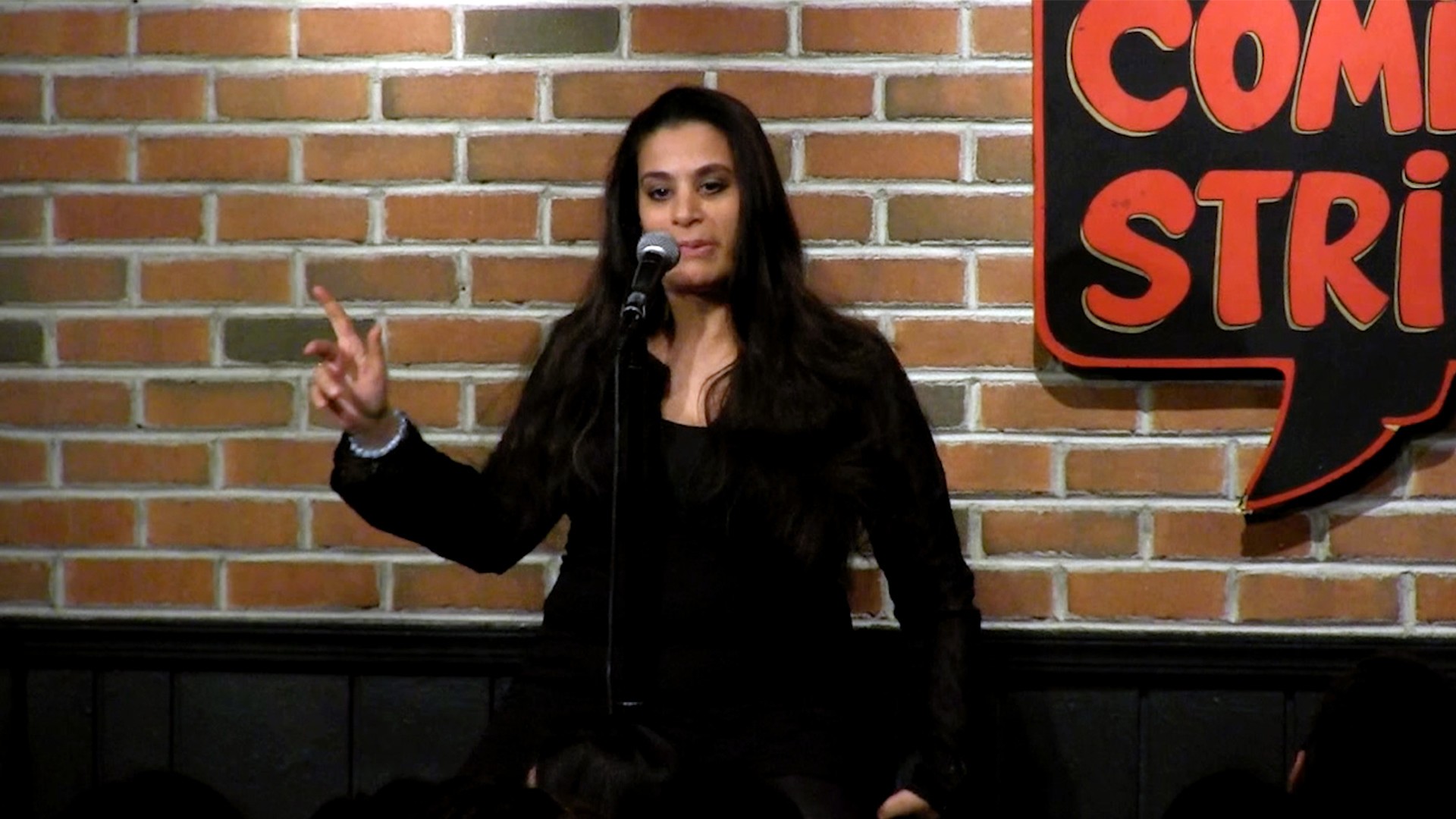The morning of November 9 was a prelude.Still reeling from a late night and an election result whose consequences had yet to be fully realized, I sat down in the seemingly isolated confines of my clinic room to preview the day's patient schedule. As I lost myself in the details of cancer stages, chemotherapy regimens, and blood cell counts, an argument was simultaneously stirring in the patient waiting room. And soon its decibels ratcheted up and the movement of furniture became audible.The topic gnawing at all of our minds was obviously the election and what Donald Trump's ascendence to the White House would mean for America. It started off as banter between black and mostly white patients in the room, but things escalated quickly as the fears and trepidations one group had about the new president were blithely dismissed by the other. Despite their debilitating cancers and other comorbidities, the polarizing election was a flash point for these patients—it aroused their most charged emotions.Racial tension that had been percolating in the shadows was now finding light in all public spaces, including typically apolitical ones like hospitals and clinics. What I witnessed on this day was a harbinger that a bloodcurdling riot like Charlottesville is possible in a 2017 America if, as David Remnick of The New Yorker recently wrote, the nation's President "is willing to imperil the civil peace and the social fabric of his country simply to satisfy his narcissism and excite the worst inclinations of his core followers."This was all a reminder that medicine is not practiced inside of a vacuum. The currents flowing through society animate both physicians and patients and continually affect healthcare in various ways. Yet thorny issues like racism—whose crippling effects were palpable in medicine and public health long before Trump's presidency—have largely festered in silence outside the margins of bedside conversations, medical literature, and medical education.But in a country that just witnessed neo-Nazis, Klan members, and other uncategorized white supremacists marching brazenly through its streets, there can no longer be any equivocation or unwillingness to engage the intersection of race, discrimination, and healthcare. As then-medical student Katherine Brooks wrote in JAMA, "if we refuse to deeply examine and challenge how racism and implicit bias affect our clinical practice, we will continue to contribute to health inequities in a way that will remain unaddressed in our curriculum and unchallenged by future generations of physicians."I only understood all this in the abstract until it happened to me. Hours after the 2016 terrorist attack in Brussels, a patient refused my medical care. "I'm sorry, but your people and people who look like you make me uncomfortable," she said. And with these words, Islamophobia severed the doctor-patient bond that I once considered impregnable.Before this, I considered my white coat as a kind of insulation from the visceral hatred and open bigotry that was mushrooming throughout the country. In theory, having the ability to help another when his or her health had forsaken them accorded some protection. But to my patient, I was merely a Muslim who happened to be carrying a stethoscope.
Watch more from Tonic:
Similar stories abound. Esther Choo, an emergency medicine doctor in Portland, Oregon, recently tweeted about her experiences with white nationalists who refused her medical care because she was Asian. "Breathtaking, isn't it? To be so wedded in your theory of white superiority, that you will bet your life on it, even in the face of clear evidence to the contrary?" Choo wrote.But while doctors are sometimes on the receiving end of discrimination, they are also vulnerable to their subconscious prejudices, or implicit bias. A 2016 study found that 50 percent of white medical students and residents harbor inaccurate beliefs about biological differences between black and white people. Implicit bias may explain why black patients are half as likely to receive pain medication as white patients.Despite often being well-intentioned, doctors "also operate in an inherently racist system," as Rachel R. Hardeman and her team wrote in the New England Journal of Medicine. And though the miasma of racism and discrimination has long engulfed the economic, social, and political institutions of our country, physicians remain insensitive to structural racism.According to Jason Silverstein, a lecturer and writer-in-residence in the department of global health and social medicine at Harvard Medical School, "The medical profession doesn't take seriously enough social factors like racism, but it should. How often do doctors record someone's pain as caused by 'housing segregation' or 'unequal access to resources' or 'living under the stress of stop and frisk'? They don't." Silverstein adds, "It would be easier to name health problems that aren't affected by racism."We cannot grapple with this scourge until it is understood and consistently recognized in our language, biases, curriculums, and entrenched policies. There is shared responsibility here for patients, physicians, and society. It will begin once our common humanity is accepted and we can begin to sincerely see ourselves in each other.Jalal Baig is a hematology/oncology fellow at the University of Illinois at Chicago.Read This Next: What Therapists Think About Their Worst Patients
Advertisement
Advertisement
Watch more from Tonic:

Similar stories abound. Esther Choo, an emergency medicine doctor in Portland, Oregon, recently tweeted about her experiences with white nationalists who refused her medical care because she was Asian. "Breathtaking, isn't it? To be so wedded in your theory of white superiority, that you will bet your life on it, even in the face of clear evidence to the contrary?" Choo wrote.
Advertisement